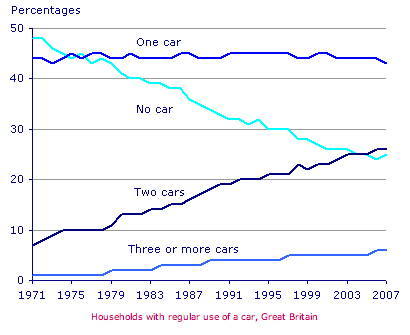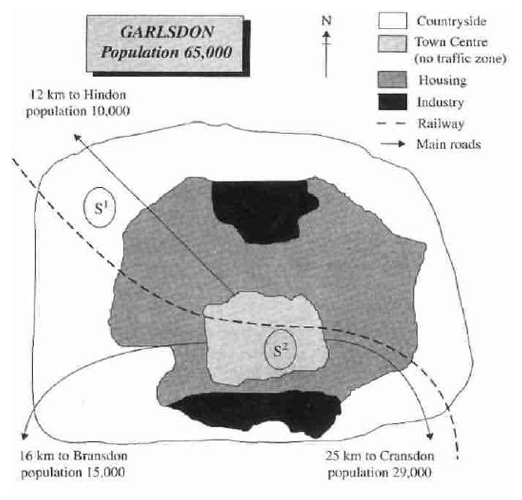IELTS Speaking: describe a toy
 Below, you can read an example description of a toy (for IELTS speaking part 2). See the previous post for the full question.
Below, you can read an example description of a toy (for IELTS speaking part 2). See the previous post for the full question.
Lego Car Description:
One special toy that I remember getting was a Lego car. It was a birthday present from my parents. I can't remember exactly how old I was, but I was probably about 10 or 11.
The special thing about this car was that I had to build it myself out of hundreds of pieces of Lego. The pieces came in a box with a picture of the finished car on the front, and I had to follow step-by-step instructions to put all the pieces together in the correct way. This wasn't an easy task because the car even had an engine, movable seats and gears. It took me a day or two to make, and required a lot of concentration.
When the car was finished it looked great, and I felt a sense of accomplishment. I seem to remember that I didn't play with the car very much; the fun part had been the process of building it.
Don't just read this description once. Spend some time analysing it:
- Is the description well-organised and easy to follow?
- Can you find any good 'band 7' words or phrases?
- Could you write a similar description for a different toy?

